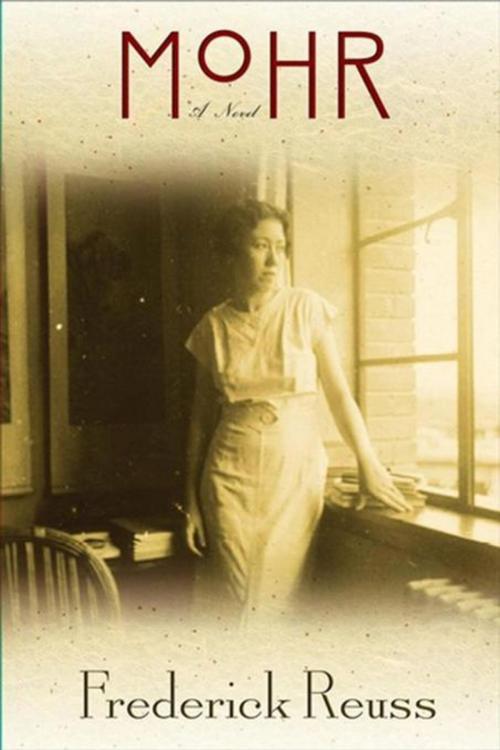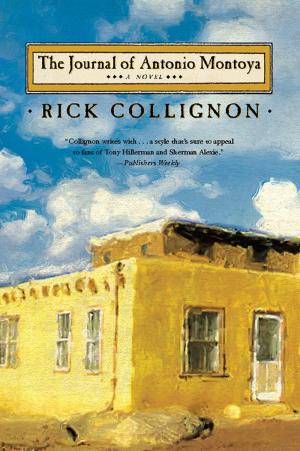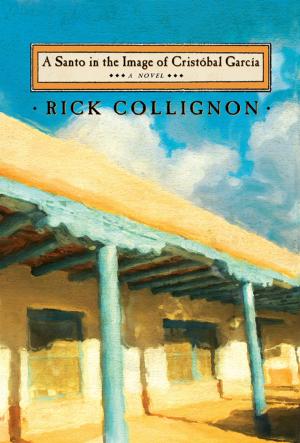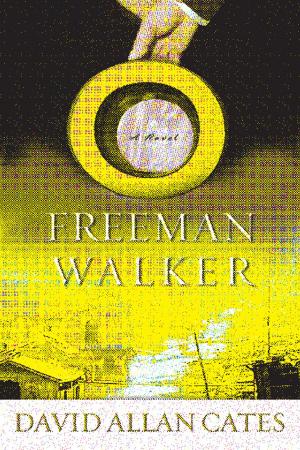| Author: | Frederick Reuss | ISBN: | 9781609530228 |
| Publisher: | Unbridled Books | Publication: | May 1, 2007 |
| Imprint: | Unbridled Books | Language: | English |
| Author: | Frederick Reuss |
| ISBN: | 9781609530228 |
| Publisher: | Unbridled Books |
| Publication: | May 1, 2007 |
| Imprint: | Unbridled Books |
| Language: | English |
When a solitary man stumbles upon a cache of photographs, sometimes-and only sometimes-he can sense the lives of the people in them. Sometimes he can find in their faces, and in the way they hold themselves or the way they perform before the camera, the light trace of their story.
Following just that path, acclaimed novelist Frederick Reuss has created a love story of historic proportions. Mohr: A Novel is about a man and wife whose life together is marked irreparably by a deeply troubled and world-testing era.
With the sort of enthralling narrative step that always marks his work, Reuss allows their story to rise from a cache of photographs he uncovered in Germany-photographs from the 1920s and ’30s of the exiled Jewish playwright and novelist Max Mohr; Käthe, the beautiful wife he left behind; and Eva, their daughter, who would live through it all but would never really understand what had happened.
The interplay between Reuss’s revealing prose and the real faces in nearly 50 photographs offers a reading experience that may be unprecedented in novels. From the first paragraph and that first creased image, which Eva may have taken, of the Mohrs at their table in Germany just before Max walked away from their lives, this beautiful and powerful novel works as deeply on the reader as a family photo album.
Following just that path, acclaimed novelist Frederick Reuss has created a love story of historic proportions. Mohr: A Novel is about a man and wife whose life together is marked irreparably by a deeply troubled and world-testing era.
With the sort of enthralling narrative step that always marks his work, Reuss allows their story to rise from a cache of photographs he uncovered in Germany-photographs from the 1920s and ’30s of the exiled Jewish playwright and novelist Max Mohr; Käthe, the beautiful wife he left behind; and Eva, their daughter, who would live through it all but would never really understand what had happened.
The interplay between Reuss’s revealing prose and the real faces in nearly 50 photographs offers a reading experience that may be unprecedented in novels. From the first paragraph and that first creased image, which Eva may have taken, of the Mohrs at their table in Germany just before Max walked away from their lives, this beautiful and powerful novel works as deeply on the reader as a family photo album.
When a solitary man stumbles upon a cache of photographs, sometimes-and only sometimes-he can sense the lives of the people in them. Sometimes he can find in their faces, and in the way they hold themselves or the way they perform before the camera, the light trace of their story.
Following just that path, acclaimed novelist Frederick Reuss has created a love story of historic proportions. Mohr: A Novel is about a man and wife whose life together is marked irreparably by a deeply troubled and world-testing era.
With the sort of enthralling narrative step that always marks his work, Reuss allows their story to rise from a cache of photographs he uncovered in Germany-photographs from the 1920s and ’30s of the exiled Jewish playwright and novelist Max Mohr; Käthe, the beautiful wife he left behind; and Eva, their daughter, who would live through it all but would never really understand what had happened.
The interplay between Reuss’s revealing prose and the real faces in nearly 50 photographs offers a reading experience that may be unprecedented in novels. From the first paragraph and that first creased image, which Eva may have taken, of the Mohrs at their table in Germany just before Max walked away from their lives, this beautiful and powerful novel works as deeply on the reader as a family photo album.
Following just that path, acclaimed novelist Frederick Reuss has created a love story of historic proportions. Mohr: A Novel is about a man and wife whose life together is marked irreparably by a deeply troubled and world-testing era.
With the sort of enthralling narrative step that always marks his work, Reuss allows their story to rise from a cache of photographs he uncovered in Germany-photographs from the 1920s and ’30s of the exiled Jewish playwright and novelist Max Mohr; Käthe, the beautiful wife he left behind; and Eva, their daughter, who would live through it all but would never really understand what had happened.
The interplay between Reuss’s revealing prose and the real faces in nearly 50 photographs offers a reading experience that may be unprecedented in novels. From the first paragraph and that first creased image, which Eva may have taken, of the Mohrs at their table in Germany just before Max walked away from their lives, this beautiful and powerful novel works as deeply on the reader as a family photo album.















